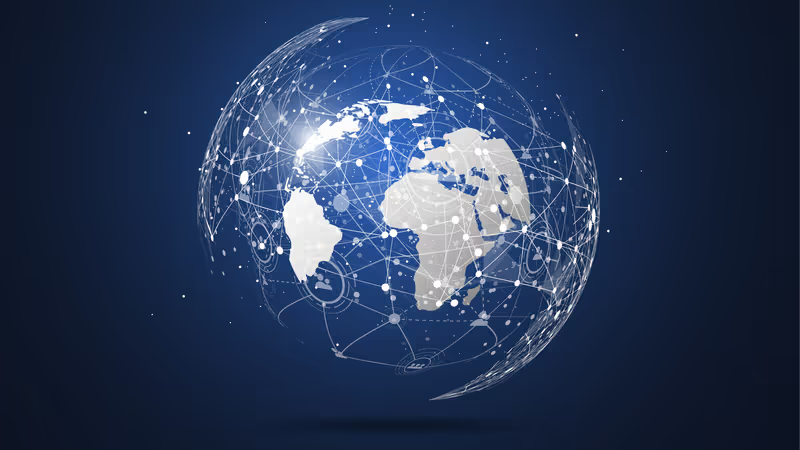| Timeline | From February 2016 to 31 January 2020 |
|---|---|
| Theme | Geospatial Artificial Intelligence (GeoAI) |
| Countries | Ethiopia, Kenya, Rwanda |
| Funded by | EU – Horizon 2020 |
| More info | https://its4land.com/ |
In most Western countries land rights are recorded in a land registry. Property has a verifiable owner and a mapped boundary. Usually this kind of information forms the basis for taxation as a form of income for national governments. However, in a lot of countries this is not so obvious and land tenure is not maintained. This causes a lot of disputes, land grabbing, slum formation and miss-use of land resources. The goal of its4land is to develop tools to make the mapping of land rights faster, cheaper, easier and more responsible. They are inspired by the continuum of land rights, fit-for-purpose land administration, and cadastral intelligence. Ultimately this must lead to an end-user oriented land administration system. Therefore, emergent geospatial and Earth observations technologies, including smart sketch maps, Unmanned aerial vehicles (UAVs), automated feature extraction, and Geocloud services are used.
The overriding philosophy of this project is that it transcends single disciplines, country approaches or national boundaries. In this project development means co-designing, adapting, integrating, demonstrating and validating. The project seeks to enable tool combinations that are both end-user and market responsive.
The its4land project is carried out by eight consortium partners from Europe and East Africa combining academia and private sector. African partners are Ethiopia (Bahir Dar University), Kenya (Technical University of Kenya) and Rwanda (INES Ruhengeri; ESRI Rwanda). European partners are the Netherlands (ITC), Germany (University of Muenster; Hansa Luftbild) and Belgium (KU Leuven).



